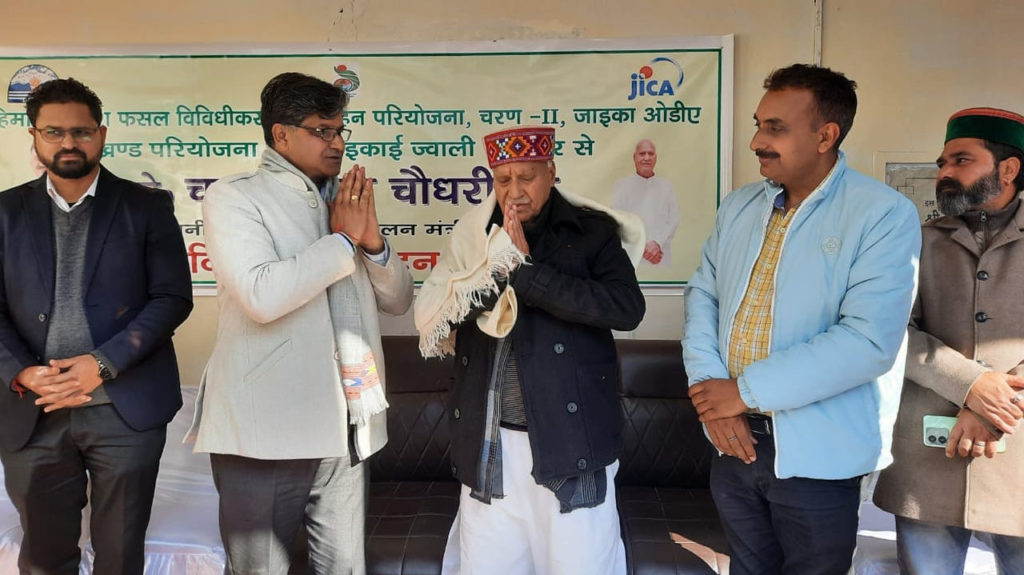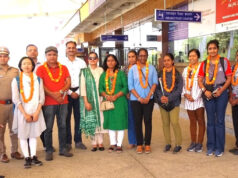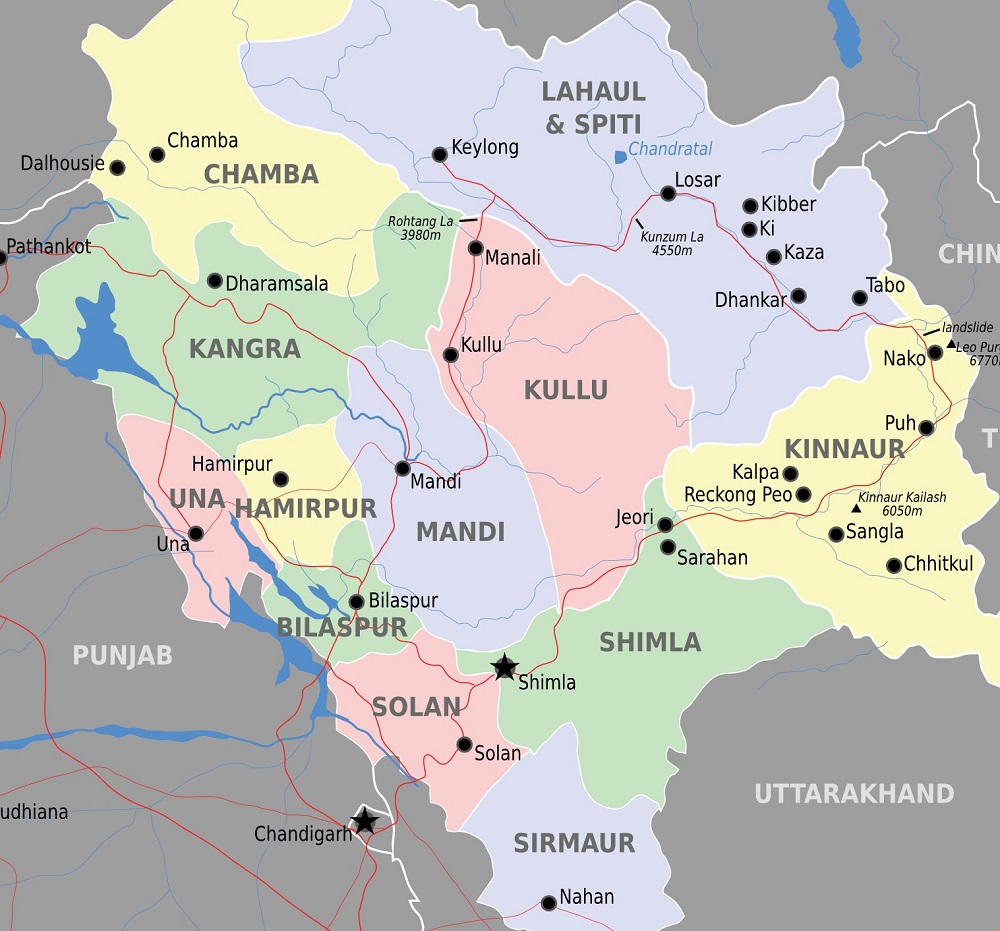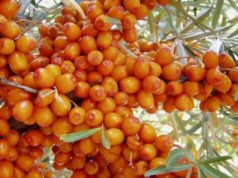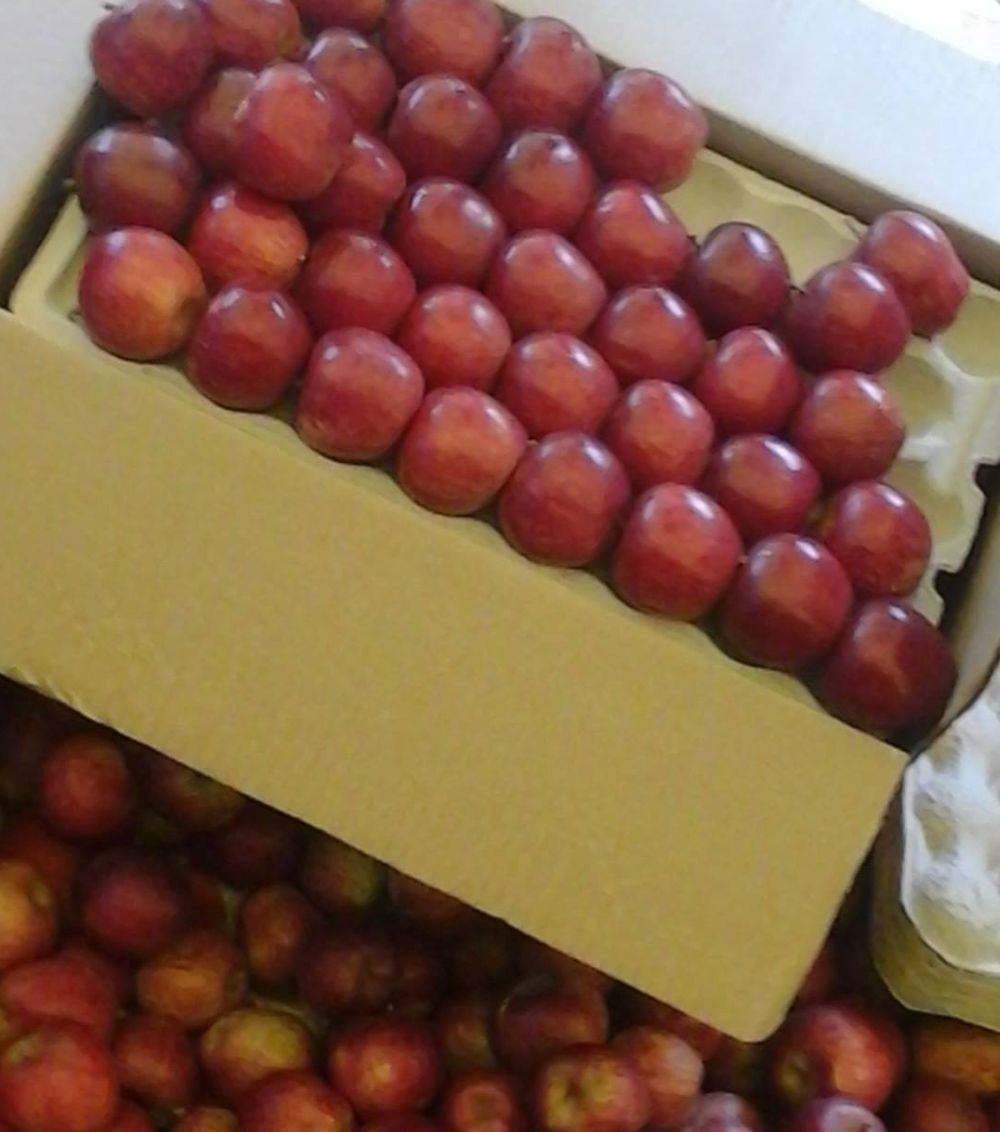Jawali – In a significant move towards elevating agricultural infrastructure and enhancing irrigation capabilities, the Agriculture and Animal Husbandry Minister, Prof. Chandra Kumar, has unveiled plans for the allocation of Rs 1010 crore in the second phase of the Japan International Cooperation Agency (JICA) Agriculture Project. The ambitious initiative aims to revolutionize the agricultural landscape, particularly by ensuring irrigation facilities across 7433 hectares of cultivable land.
Minister Chandra Kumar, speaking at the inauguration of the Block Project Manager office in Jawali, outlined the comprehensive reforms anticipated with the infusion of this substantial financial commitment. The second phase of the JICA Agriculture Project is poised to bring about transformative changes, not only in irrigation infrastructure but also in the overall structure of agriculture in the state.
The allocated funds will be utilized to bolster irrigation facilities, with a primary focus on maximizing the agricultural output across the identified hectares of land. This move aligns with the broader vision of the JICA Agriculture Project to empower farmers, strengthen the rural economy, and foster sustainable agricultural practices.
Under the District Project Management Unit in Palampur, five Block Project Management Units have been established, each playing a crucial role in the successful implementation of the project. With a total of 98 sub-projects in the pipeline, the second phase is set to create irrigation potential on a substantial scale.
The Minister highlighted the significance of this financial infusion, emphasizing that it would directly translate into improved irrigation infrastructure, benefiting farmers and ensuring a more stable agricultural ecosystem. The move is expected to positively impact the livelihoods of numerous farming families and contribute significantly to the state’s agricultural output.
As the JICA Agriculture Project gains momentum with the unveiling of the second phase, it marks a pivotal moment in the state’s agricultural development.


